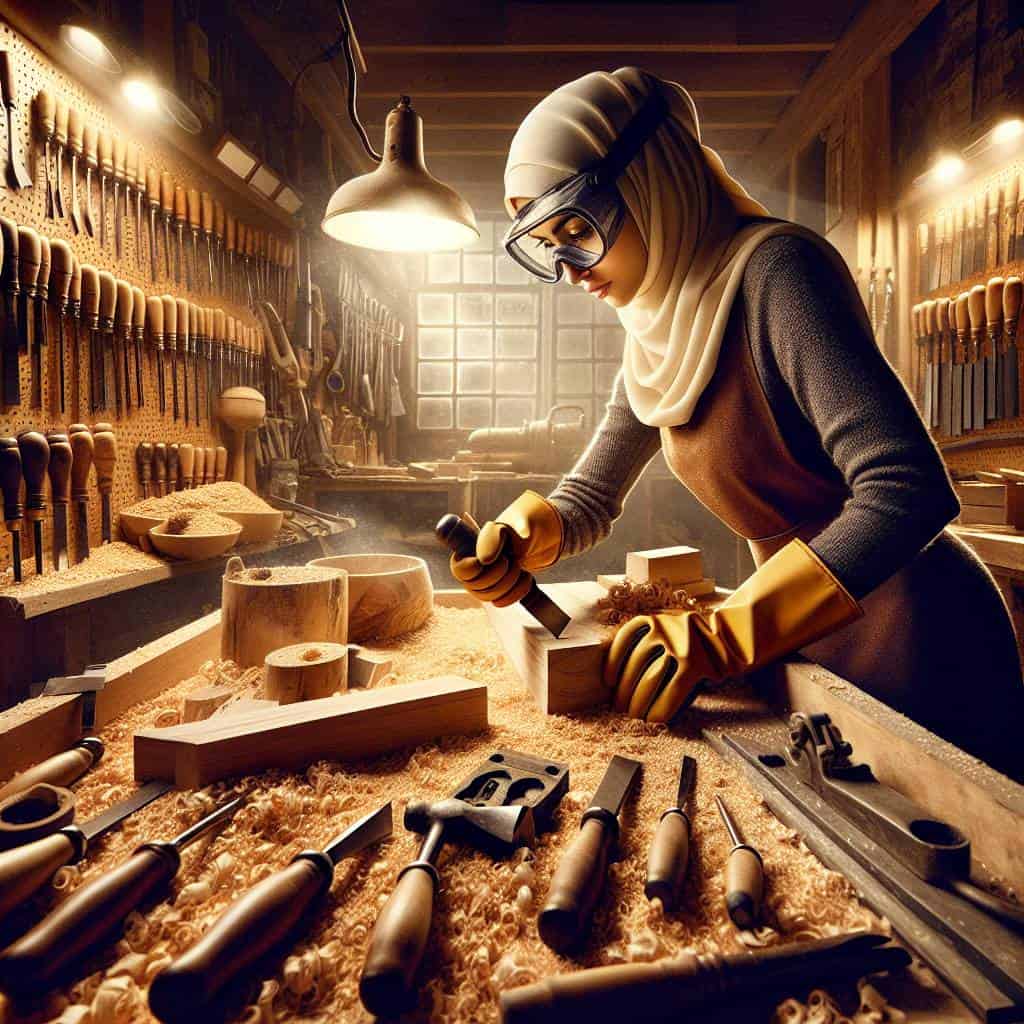I once learned the hard way that safety goggles aren’t just a fashion statement. Picture this: late night, dim light, and me, the unwitting genius, thought I could skip the “safety first” mantra. Spoiler alert—I couldn’t. One poorly aimed chisel and I was on the fast track to understanding why my dad always said, “Protect your eyes, or you’ll be using them to see a doctor.” That moment taught me more about workshop safety than any manual ever could. And trust me, when you’re wiping your brow with one hand and regretting your life choices with the other, you start to see the value in those rules some folks love to ignore.

So, here’s the deal. We’re diving headfirst into the nuts and bolts of keeping your workspace safe and sound. From clearing clutter that could send you sprawling to ensuring your wiring doesn’t turn into a surprise fireworks display, this isn’t just about checking boxes. It’s about keeping your fingers, eyesight, and dignity intact. We’ll cover the essentials: keeping your space clean, managing fire hazards, dodging electrical mishaps, and making sure you’re not breathing in more fumes than fresh air. Stick around, and let’s make sure your next workshop project doesn’t come with a side of disaster.
Table of Contents
The Day I Almost Became the Workshop’s Firestarter
It was one of those days when the universe seemed to conspire against me. I was knee-deep in a project, surrounded by the comforting chaos of tools and parts strewn across my workbench. The radio was blaring some rock anthem, and I was in the zone, soldering wires with the kind of focus that makes time irrelevant. But in my eagerness, I forgot the cardinal rule of any decent workshop: keep it clean, or pay the price. And pay I nearly did.
The trouble started innocently enough. A frayed extension cord snaked its way across the floor, a silent tripwire waiting for a victim. I stepped over it countless times, convinced I had the agility of a gymnast. But then, in a moment of distracted genius, I knocked over a can of solvent. A river of the flammable stuff pooled around my feet, a ticking time bomb set to the rhythm of my soldering iron’s hiss. The irony? I was working on improving ventilation, yet here I was, one spark away from turning my workshop into a bonfire.
Panic set in, but panic is a lousy mechanic. I yanked the cord from the wall, extinguishing the iron’s glowing tip just in time. Lesson learned: a cluttered workspace isn’t just an eyesore—it’s a hazard. Keep it clean, or face the flames. And for the love of all things metal, check your cords, mind your spills, and don’t let carelessness fan the flames of disaster.
The Unseen Hazards of a Chaotic Bench
A cluttered workbench is nothing but a fuse waiting to be lit. Tidy up or you might just find yourself learning the hard way about sparks and smoke.
When Safety Becomes Second Nature
Looking back, I realize that the workshop taught me more than just how to keep my eyebrows intact. It was a lesson in respect—not just for the tools, but for the space itself. See, a clean workspace isn’t just about neatness; it’s a sign that you’re paying attention. That you’re ready to spot the frayed wire before it becomes a fire hazard, or notice the missing bolt before it turns into a flying projectile. It’s about knowing that each breath you take in that space should be free of fumes, thanks to decent ventilation. And yeah, sometimes it takes a close call with an electrical outlet to remind you why those safety rules exist.
But here’s the kicker: those rules, those guidelines—they’re more than just lines in a dusty manual. They become part of the rhythm of your work. Like the hum of a well-tuned engine, safety becomes the undercurrent that keeps everything running smooth. I used to think of them as constraints, but now I see them as the true freedom in creativity. Because when you’re not worried about what might go wrong, you get to focus on making things right. So, let’s keep our spaces clean and our wits sharper. After all, there’s a whole world that needs fixing, and we can’t do it if we’re too busy putting out fires we’ve started ourselves.